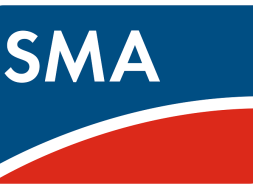
Partnership for Electric Pathways (PEP) Launches, Urging EPA to Finalize eRIN Regulations – EQ
In Short : Partnership for Electric Pathways (PEP) is excited to announce its official launch and its mission to support the transition to electric vehicles (EVs) and advance clean transportation. PEP is a coalition of environmental organizations, automakers, charging infrastructure providers, and other stakeholders committed to promoting the adoption of EVs and building a sustainable electric pathway for the future.
In Detail : Expanding America’s Renewable Fuel Supply.
Coalition’s 20+ members push for electricity generated from captured methane to qualify as renewable fuel under the Renewable Fuel Standard program.
WASHINGTON : A coalition of over 20 organizations and companies launched the Partnership for Electric Pathways (PEP) to work with the U.S. Environmental Protection Agency to secure a viable pathway for renewable electricity to get credit under EPA’s Renewable Fuel Standard (RFS) program.
“We steadfastly support EPA’s most recent proposal to effectuate the Agency’s 2010 and 2014 regulations to allow for electricity derived from eligible biomass resources to qualify as RFS renewable fuel,” said PEP in a letter sent today to EPA Administrator Michael S. Regan.
“Our consortium includes a range of entities involved in producing and using electricity to power electric vehicles—throughout the value chain. This coalition also includes existing RIN generators and RFS compliance entities. We share the common goals of reducing emissions, capturing waste, and decarbonizing transportation while growing the American workforce.”
The finalization of EPA’s 2022 proposed electric pathway framework regulations would allow for electricity derived from eligible biomass resources and used to power electric vehicles to qualify as renewable fuel and obtain credits called eRINs. This would have manifold benefits to U.S. sustainability and energy security goals, including providing an incentive for landfills and farms to capture methane that would otherwise be emitted into the atmosphere, increasing and diversifying domestic fuel options, supporting the deployment of electric vehicles, and renewing local waste facilities.













